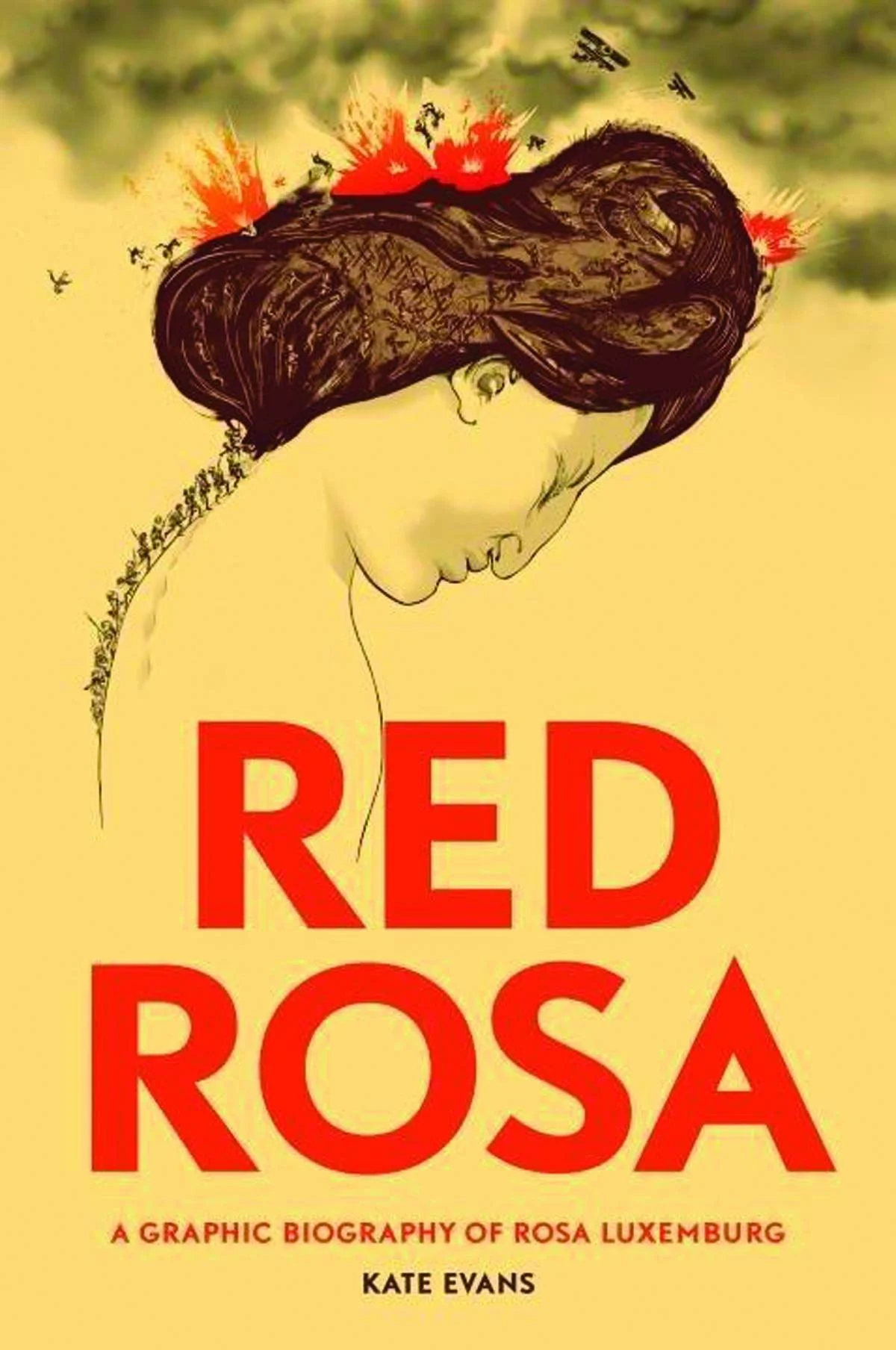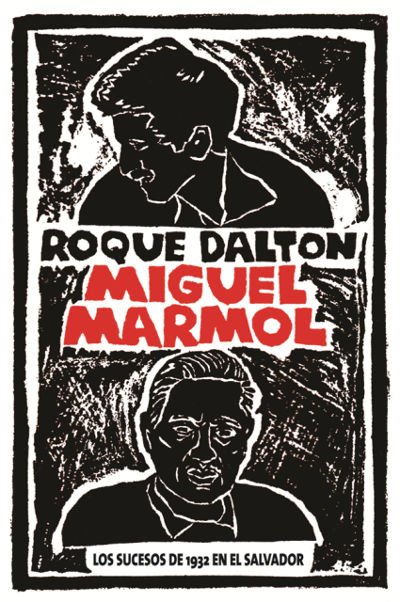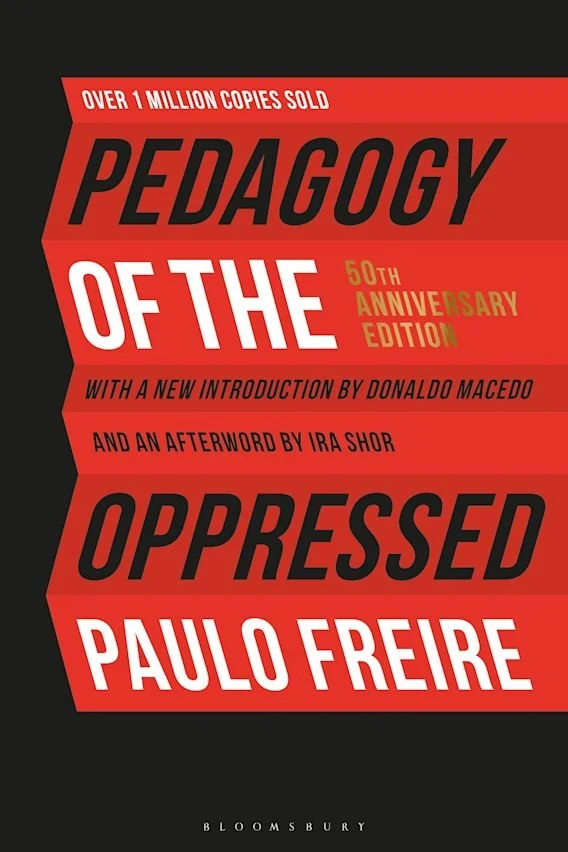Many professors and ethnic studies students are at least aware of Pedagogy of the Oppressed and many have at least read chapter 2, which distinguishes the vertical banking method of education from a horizontal dialogic one. I decided to read the whole book because Ceiba Collective wanted to begin doing study groups and the committee decided a leftist book on pedagogy felt like a good place to start. I’m grateful I read the whole book, especially because of chapters 3 and 4, which argue that dialogic problem-based education is essential for revolutionary struggle. Everywhere you see liberals and the left talking about the desperate need for better messaging, sloganeering, etc. Friere would argue they’re doomed if they simply play the same game of the right, manipulating the masses and treating them as incapable of building solutions to their own problems. Friere argued for the need for dialogic problem-based education through every level of the revolution, building a strategy for struggle alongside the working masses. This is critical, because if we only win through messaging, every victory of the left will be short-lived as the masses will not have developed the critical thinking skills to see through the lies of their enemies. For me, this is the most interesting part of his argument, and worth debate in leftist organizations.
Pedagogy of the Oppressed was specifically used to develop popular education with illiterate folks meant to organize them in defense of their community. Friere’s method was used widely throughout the world and in particular Central America during their revolutionary struggle in the last half of the twentieth century. At the same time, Friere’s advocacy for education also meant that his work was used to construct systems of mass education, which despite Freire’s advocacy for a revolutionary method, still served ultimately as a force to colonize the poor and indigenous, disrupt their ways of life in service of an education that frequently ill-prepared them for the challenges of their community. Gustavo Esteva is especially critical of Friere on this part, although his criticism is laden with the worst types of decolonial nonsense, such as arguing that illiteracy should be celebrated and cherished, as if many colonized people, including First Nations peoples throughout the Americas, didn’t have sophisticated reading systems prior to colonization. 4 out of 5.



